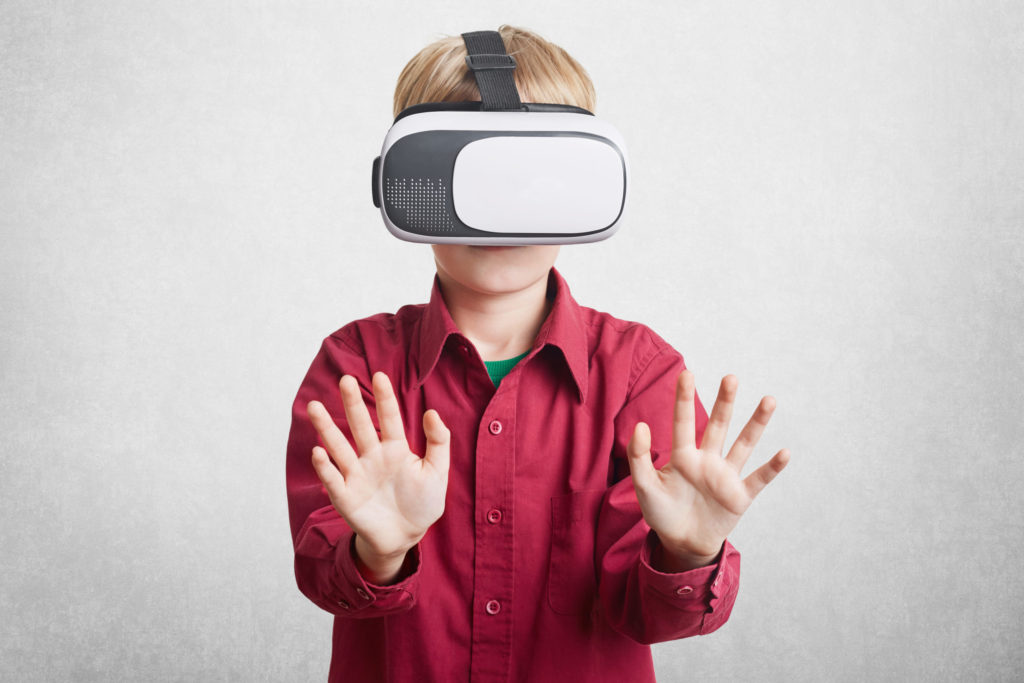The Benefits of Virtual Reality in Education
The introduction of Virtual Reality in the field of education has made learning more dynamic and faster, with positive repercussions in daily life. Virtual Reality has enabled the creation of virtual classes for all types of institutions, from primary school to university and it influences the experience of teachers and students.
Virtual Reality: not just a game
Unlike the idea that Virtual Reality is exclusively associated with games, it has actually transformed the quality of training for the better. One of the immediate advantages is that it has made education accessible to all and at a low cost.
Retention of learning informations
Unlike a physics class, where tutors teach concepts in an abstract way, using Virtual Reality students learn a subject by living it in a personal way. If the experience is also beautiful and engaging, it will become unforgettable.
For example, studying geography with Virtual Reality can allow students to visit any place in the world easily and immediately. Furthermore, by studying biology you can hold parts of the body in your hands and study all its characteristics.

Stimulating curiosity and active participation
Virtual Reality also boosts students’ creativity, increasing their self-esteem and self-confidence, as it gives them the opportunity to test, imagine and propose new solutions.
Participating actively and visualizing the lesson also helps students to develop active participation and engagement. Virtual Reality changes the way students approach the lesson: interaction with the peer group and collaborative activity makes students take lessons seriously and reduces the drop-out risk.
Students with special needs: more inclusiveness
It is essential to create an inclusive learning environment for students with special educational needs. The use of Virtual Reality can also be crucial to give students with Cerebral Palsy and Mobility Issues the opportunity to explore and move around the environment like everyone else. In addition, thanks to this technology, education becomes more personalized, to meet the needs of each individual student.
As an easy to use technology, students have more chance to access it and develop a flexible and proactive mental attitude. Already from the study, they develop a concrete approach to the world of work, preparing themselves for their future career.
Education, therefore, has only to gain from the application of Virtual Reality.
